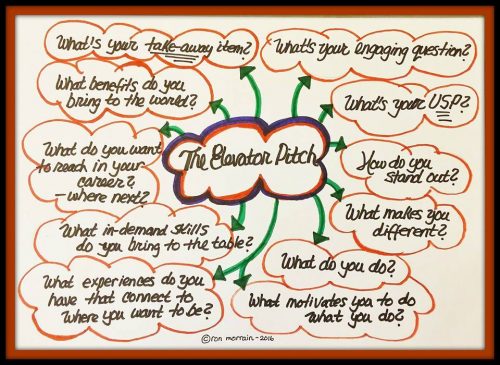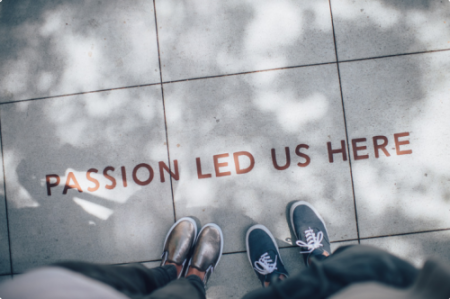Whether we work in public, academic, or special libraries, we librarians are always talking about how to re-brand ourselves. How do we get across the full range of activities we take part in? The variety of services we provide? The kinds of work we enable others to do by supporting their information needs? In short, how do we explain the power of our skills?
I’ve been a special librarian for 15 years. And for many of those years, I have bumbled and stumbled through answering the question “So, what do you do for work?” I used to start by saying that I’m a librarian, so proud of the fact that I am the kind of librarian who is unlikely to fit my questioners’ assumptions. They think “librarian” and assume that I:
- Work with children
- Work in a library building
- Check out books
- Read novels all day
None of those conditions have been true during my career. So, then it would take quite a lot of explaining for me to break down what the other person had imagined, and bring them around to understanding that these days, there are lots of different ways to be a librarian.

Here’s how that conversation typically played out:
Person: So, what do you do for work?
Me: I’m a librarian!
Person: Oh, I love libraries. My aunt was a librarian for 50 years. You must love working with kids.
Me: Well, actually, I work with a small nonprofit, and we conduct research about how to train doctors to be more compassionate.
Person: So, you manage all the books and journals?
Me: Actually, all of my work is virtual.
Person: How can you be a librarian if you don’t work in a library?
Me: Well, being a librarian is really about finding, organizing and sharing information, which doesn’t necessarily involve books anymore. I use the internet and various databases to find research that can help educators improve the way that medical students are taught.
While this conversation does educate the other person about the changing roles and employment conditions of librarians, it requires repeatedly telling the other person that they are wrong, which is obviously off-putting. There is more time spent describing what I DON’T do than what I CAN do.
A More Effective Explanation
What I learned from “special librarian rock star” and independent information professional, Mary Ellen Bates, is that people don’t really care about HOW you do your job. They care about the difference your work makes.

These days, instead of starting with “I’m a librarian,” I first talk about the difference my work makes and then end by saying “I’m a librarian.” The conversation flows more easily, is much more meaningful, and the other person comes away understanding that the social change I am working toward is enabled by my background in library science.
Here’s an updated example of the same kind of conversation:
Person: So, what do you do for work?
Me: I help researchers figure out the best ways to train doctors to be more compassionate.
Person: Well that’s certainly needed these days! (Describes previous terrible experience with less-than-compassionate doctor.)
Me: I’m so sorry that happened, that’s awful. That’s why we know our work is so important. When doctors truly listen to their patients, they are better able to figure out the best ways to help. And patients who have good relationships with their doctors are more likely to follow their treatment suggestions. It just makes for better health all around.
Person: That’s great there is an organization focused on that. How did you get into that line of work?
Me: Well, I’m trained as a librarian and I’ve worked in health research for about 15 years. I keep track of new research that comes out, maintain databases so people can find what they need quickly, and manage social media so we can tell people what we know.
Person: Huh? I’ve never heard of a librarian doing that kind of job!
Me: Getting a master’s in library and information science is so useful these days. There are all kinds of career paths you can take with this degree!
What Does It All Mean?
So, the next time you get asked, “What do you do for work?” think about these questions:
- What are others better able to do because of your help?
- What are you ultimately enabling to happen?
- How is your work making change — not only in your organization, but in the world?
The difference between the two dialogues above is having those answers. When you do, start the conversation THERE.




